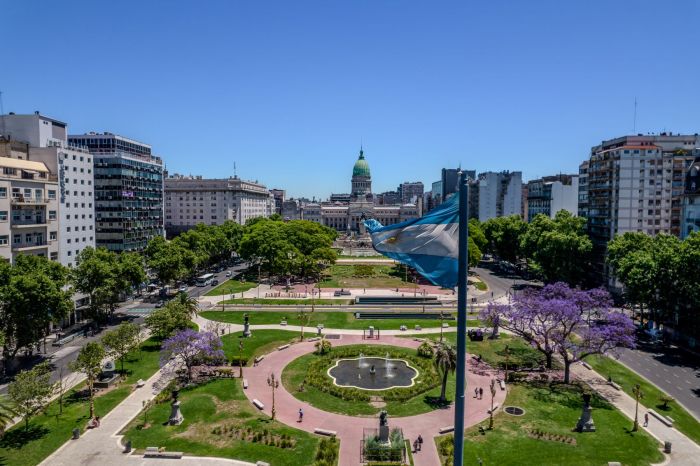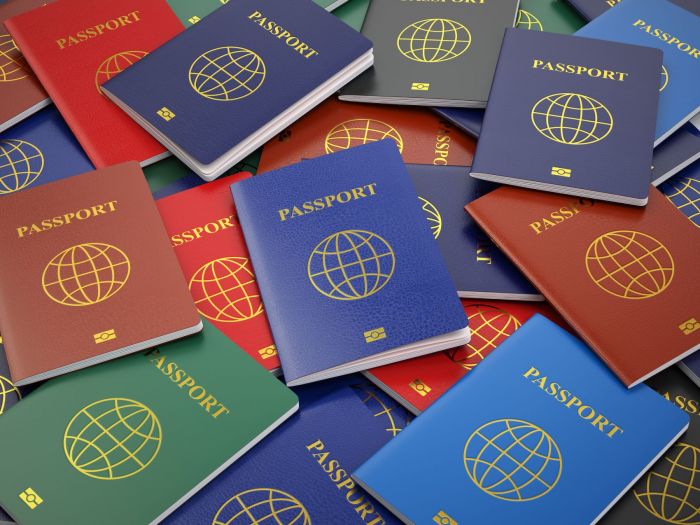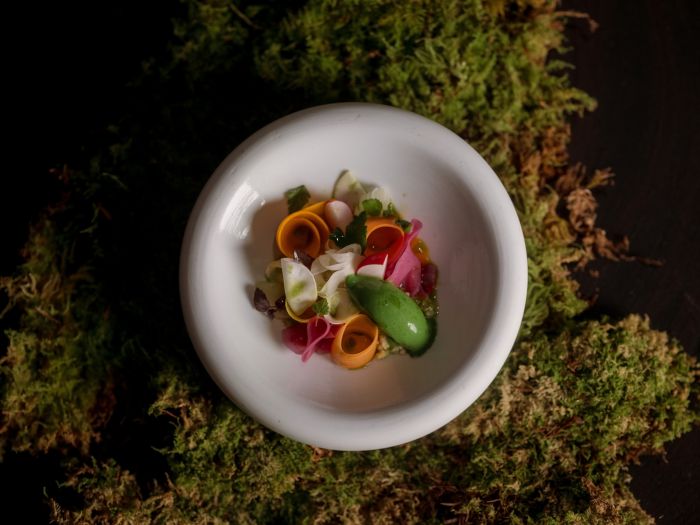
Five Safari Kit Essentials
So you’ve booked yourself an African safari for the first time, and are gearing up for what could be the most amazing adventure of your life. You’re excited, a little nervous, hugely expectant, and telling anyone and everyone where you will be going in a few days/weeks – trouble is, you’re not entirely sure what you need to take on this type of holiday, as it’s worlds apart from the luxury beach or skiing holidays that you’ve been on before
African safaris require a good amount of pre-planning if you are to have a successful time, but please don’t misinterpret my meaning when I use the word ‘successful’ – by their very nature, safaris come loaded with the risk that you see far less wildlife than you anticipated. A safari is not like a day trip to the zoo where all the animals are kept in convenient enclosures for the viewing public; the animals on safari are wild, and are living as nature intended, which means they could be anywhere at any time, and are not sitting around waiting for the next truckload of tourists to show up. It is essential therefore, to be prepared for a long wait in very hot conditions, and to be equally prepared for the breath-taking moments when you glimpse the majesty of nature.
· Water – The top item on my list due to the fact that it is the single most important item to have with you at any given point. If you are leaving your accommodation to go out on a safari drive at six in the morning, and not returning to the lodge until late in the afternoon, you will not have the opportunity to stop off at a convenience store to grab a bottle of water to quench your thirst. It is vital for your comfort and health that you take at least a litre of water out with you, and if you are going out for a full day, then it is wise to take at least two litres, plus a bottle of frozen water which will stay cool throughout the majority of the day.
· Sunscreen – A bottle of tanning oil is not the route to go down on safari. Whilst it might be an option for a beach holiday (and with moderated exposure), it is next to useless on a game drive, and you will suffer from heat stroke and sunburn if not using the correct sunscreen for your skin. I would recommend a factor 50 sun block which you should top up at regular intervals throughout the day, paying special attention to areas which are not covered by clothing, and also places that are hard to reach e.g. shoulder blades, small of the back, and backs of arms. If possible get someone to give you a helping hand with the application of your sun block, and make sure that you utilise any available shade when the sun hits the zenith.
· Snacks – As mentioned before you might find yourself away from your home base for extended periods of time whilst you are out looking for the big five, and so it is vital that you take a good amount of high energy food to keep you going. Bananas, energy bars, and any foods that have a good level of protein will be ideal for a day trip as they are easy to transport, and allow you to have several snacks throughout the day. As ever, make sure you have plenty of water with you, and that you don’t take foods which are high in salt as these will make you thirsty.
· Medication – If you have booked an African safari then it is vital that you get the correct inoculations prior to your departure; malaria, polio, MMR booster, and Meningitis jabs are the standards, and if you do not get these inoculations then you are at very real risk of putting your life in jeopardy. Ensure that you also take some insect repellent, paracetamol or pain relief, and some hand sanitation gel. You might not use all of these items when you are out on a safari, but it would be the biggest shame if you were unable to enjoy your safari due to a headache or other ailment which detracts from the experience.
· Camera – An obvious element some might say, however it is really important that you think a little bigger than just taking your digital camera and thinking that will cut the mustard. You could well be out on a long excursion, seeing some amazing sights which you snap left right and centre at the beginning of the day – but lo and behold; you’ve run out of battery or disk space before you know it. It’s hugely beneficial to invest in some extra memory for your camera, and also having at least one back up battery to take out with you. If you have one of the professional digital SLR cameras, don’t over encumber yourself with too many lenses. Pick a good wide angle lens for general landscape photography, and a good zoom lens for any shots that would otherwise be impossible to get. Don’t become so caught up in taking photos that you miss out on just observing the wildlife and scenery, it’s not the same when you view everything through your camera’s view finder.
These are my top five items to take on a safari holiday, but there are of course other items that will help to shape your experience into a successful one such as; a good backpack, correct clothing, eye protection (sunglasses etc.) Be sure to make a checklist of all the items that you will want and need for your trip, and don’t leave it all until the last minute to get yourself organised.














